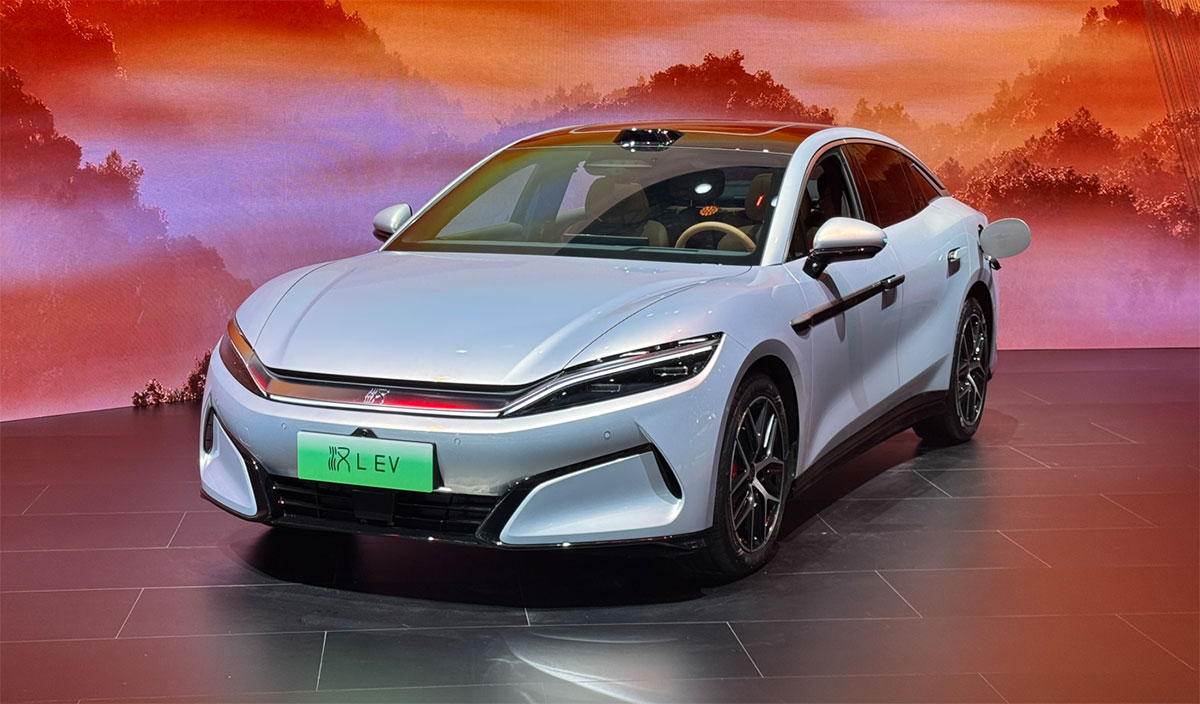CAAM deputy secretary-general calls for China to phase out NEV tax incentives more gradually
CAAM deputy secretary-general called for a 3 percent tax rate in 2026 and 7 percent in 2027, rather than the currently planned 5 percent rate for both years.

- CAAM deputy secretary-general called for a 3 percent tax rate in 2026 and 7 percent in 2027, rather than the currently planned 5 percent rate for both years.
- To mitigate potential impacts from the purchase tax incentive phase-out, companies including Nio, Li Auto, and Xiaomi have rolled out their measures.
An official from China's major auto industry association has publicly called for a more gradual phase-out of new energy vehicle (NEV) purchase tax incentives, signaling potential policy adjustments for the next two years.
Chen Shihua, deputy secretary-general of the China Association of Automobile Manufacturers (CAAM), called for China to impose a 3 percent NEV purchase tax in 2026 and a 7 percent rate in 2027, rather than the currently planned 5 percent rate for both years.
Chen made the call during remarks at the 2025 automotive industry statistical annual report conference in Changsha, Hunan, according to a WeChat post released today by CAAM.
He noted that China's auto industry continues to face slow domestic demand growth, ongoing inventory pressures requiring cautious management, and sustained pressure on industry profitability.
At the same time, risks from price wars persist, geopolitical tensions disrupt supply chain stability, and the sector continues to face significant operational pressures, he noted.
China should persistently advance policies stabilizing economic growth while fully tapping market expansion potential, Chen said.
Over recent years, China implemented stimulus measures for the NEV industry -- including purchase subsidies and tax reduction incentives -- which became key drivers of the sector's rapid rise.
The country announced in June 2023 that it would extend the NEV purchase tax incentive policy for four years, though the intensity would gradually retreat.
From 2024 to 2025, China continues to exempt NEVs from purchase tax, with the tax exemption per vehicle capped at RMB 30,000 ($4,210).
From 2026 to 2027, China's NEV purchase tax will be levied at half the standard rate, with a maximum tax reduction of RMB 15,000 per vehicle.
China's standard vehicle purchase tax rate is 10 percent. Unless the government announces further adjustments, the NEV purchase tax rate for 2026 and 2027 will be 5 percent.
To mitigate potential impacts from the tax incentive phase-out, companies including Nio Inc (NYSE: NIO), Li Auto (NASDAQ: LI), and Xiaomi (HKG: 1810) have rolled out their measures.
($1 = RMB 7.1216)
Disclaimer: The views in this article are from the original Creator and do not represent the views or position of Hawk Insight. The content of the article is for reference, communication and learning only, and does not constitute investment advice. If it involves copyright issues, please contact us for deletion.